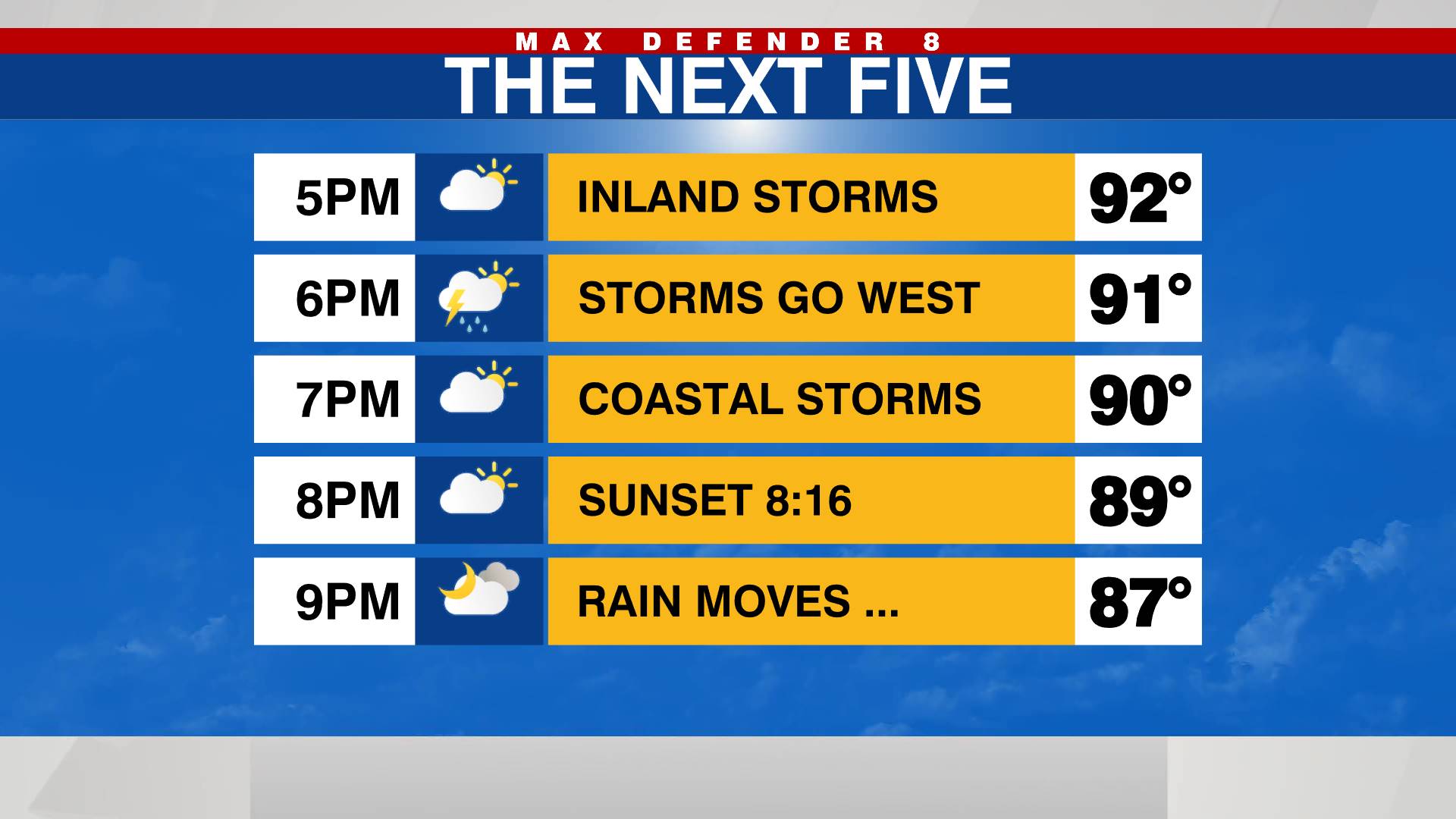CLEARWATER, Fla. (WFLA) – Joshua Frey has seen his share of tough situations.
The retired Marine saw the trauma of war firsthand when he was shot and hit by shrapnel from a rocket-propelled grenade in Iraq. Frey was left with a traumatic brain injury and partial use of his left arm – disabilities he was able to overcome.
The mental toll, however, was deeper.
Featured in the upcoming film, “Unprescribed,” the Clearwater native discusses his post-traumatic stress disorder and his use and advocacy of medical marijuana.
“I thought my nightmare was over,” Frey says in the trailer. “But it was just getting started because everything that happened to me out there in Fallujah was nothing compared to what I got coming to me and all those freaking psych meds that they put me on.”
The Florida Department of Veterans’ Affairs says there are approximately 20 million living veterans in the United States. Of those, 1,525,400 live in Florida.
In May, two congressmen – including Republican Rep. Matt Gaetz of Florida – introduced a package of bills that would update medical marijuana policy at the Department of Veterans Affairs.
The three bills would allow the VA to study the use of cannabis for veterans and prescribe it, along with training VA physicians to prescribe the alternative treatment.
Since the bill’s introduction, other representatives have co-sponsored it, including Charlie Crist.
However, at least until the next legislative session, federal law classifies marijuana as a Schedule One Controlled Substance, making it illegal in the eyes of the federal government.
According to Christopher Cano, the executive director of NORML’s Central Florida chapter, access is the biggest problem facing veterans in Florida and across the country.
“Here in Florida, access continues to be an issue for people who qualify,” said Cano. “The VA is a federal agency that has to operate under federal law, which medical marijuana is not a legal part of. So if they want to register, our veterans have to see a doctor outside the VA and pay out of pocket. If you’re a veteran on a fixed income, you don’t have $150 or $200 to see doctors who aren’t with the VA.”
Those fees would add on to the $75 cost of medical marijuana registration in Florida, in addition to the cost of the medication itself.
Out of more than 240,000 medical marijuana patients in Florida, Cano estimates that between 5 and 10 percent of them are veterans, although calls to the Florida Department of Health confirming the estimate went unanswered.
By summer 2019, only one clinical trial testing the use of marijuana to treat PTSD in veterans had been conducted. The Multidisciplinary Association for Psychedelic Studies, or MAPS, studied 76 veterans’ use of medical marijuana for months and are expected to release results later this year.
In 2017, a review of more than 60 studies was published in the “Clinical Psychology Review” examining the use of marijuana to treat PTSD, depression and other mental illnesses.
“Preliminary evidence suggests that CTP (Cannabis for Therapeutic Purposes) may have potential for the treatment of PTSD and as a substitute for problematic use of other substances,” the review says.
But advocacy groups such as Weed for Warriors still have work ahead of them among state and federal legislators.
“The reason veterans need easy access to this is the fact that the veterans community can be the hardest-hit in the opioid crisis,” Cano said. “So in states that give veterans affordable access to use prescriptions, statistics of them being hooked on opioids or abusing alcohol are significantly lower.”
‘Unprescribed” premieres at the CannaBus Culture Film Festival, in Miami on Sept. 28. Click below to see the trailer.
LATEST HEADLINES:
- ‘Nobody listened to me:’ On Black Maternal Health Week, Tampa Bay mom and advocate shares her story
- Florida teacher accused of exposing himself at Disney World hotel
- US Supreme Court to hear arguments over homeless public sleeping bans similar to Florida law
- Westshore Plaza to make a comeback with new redevelopment plan
- ‘So I have to stay in custody?’: Judge denies bond to man accused of shooting wife, chasing down ambulance in St. Petersburg















